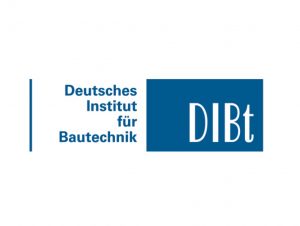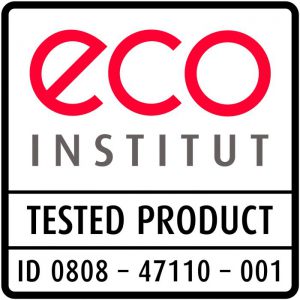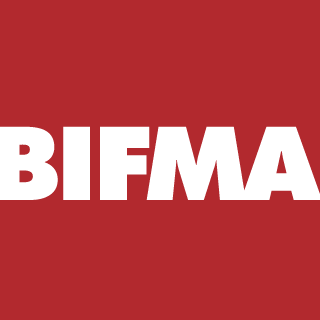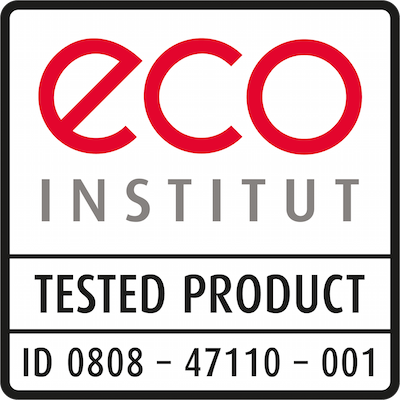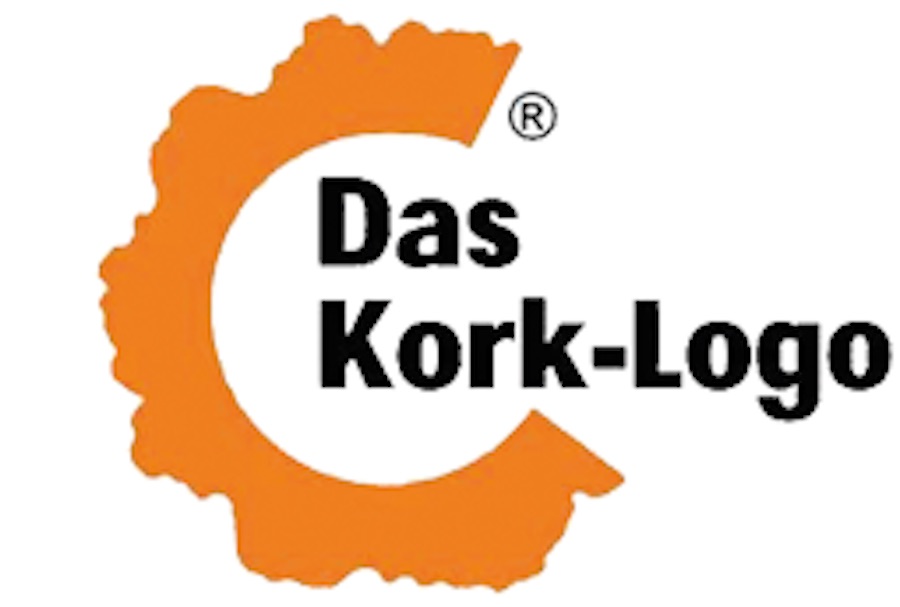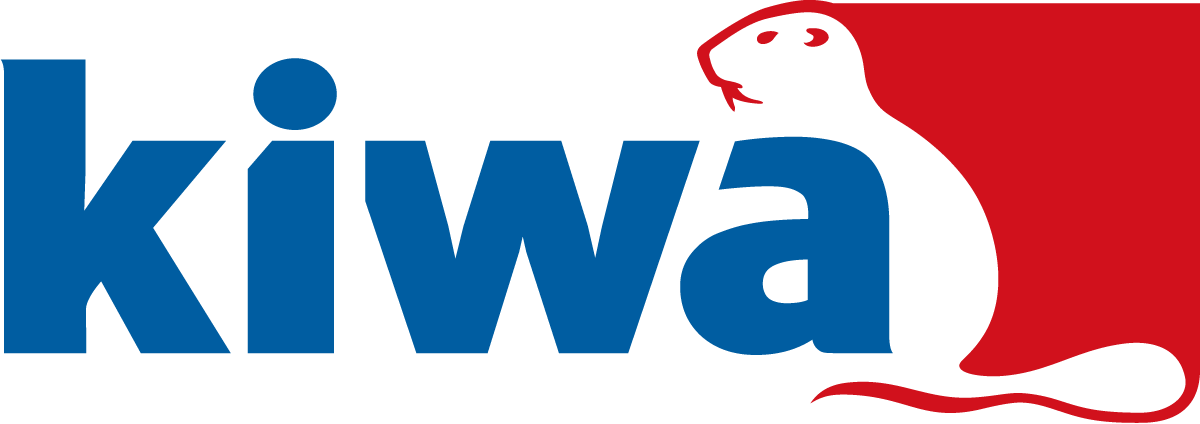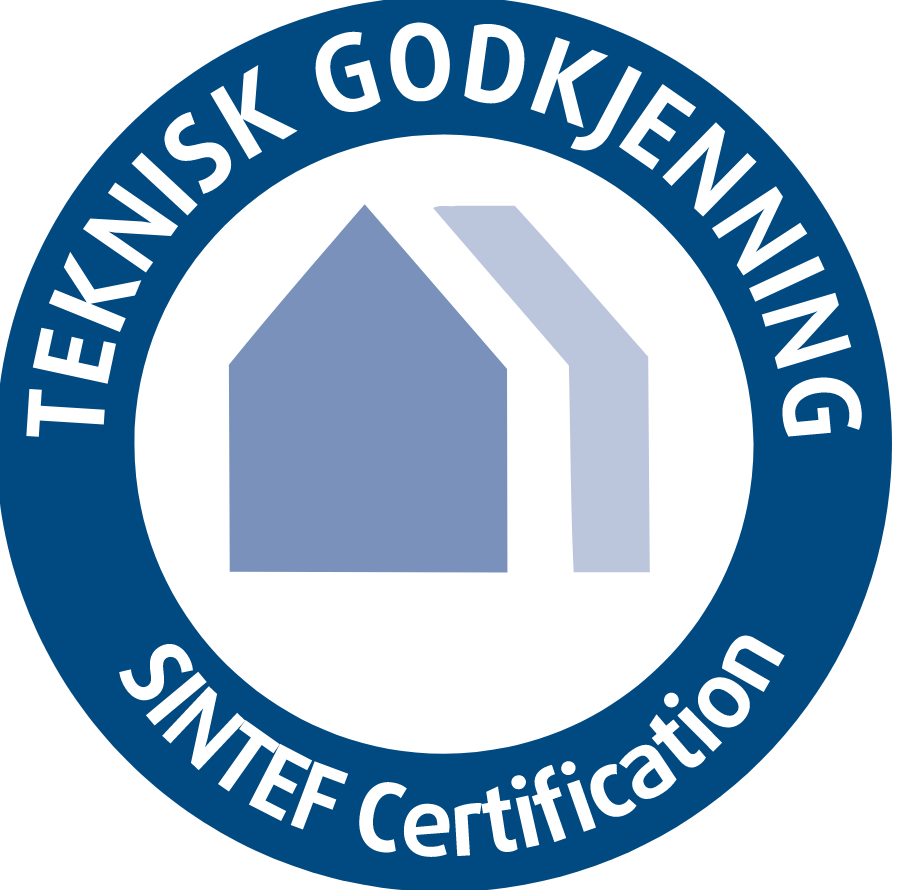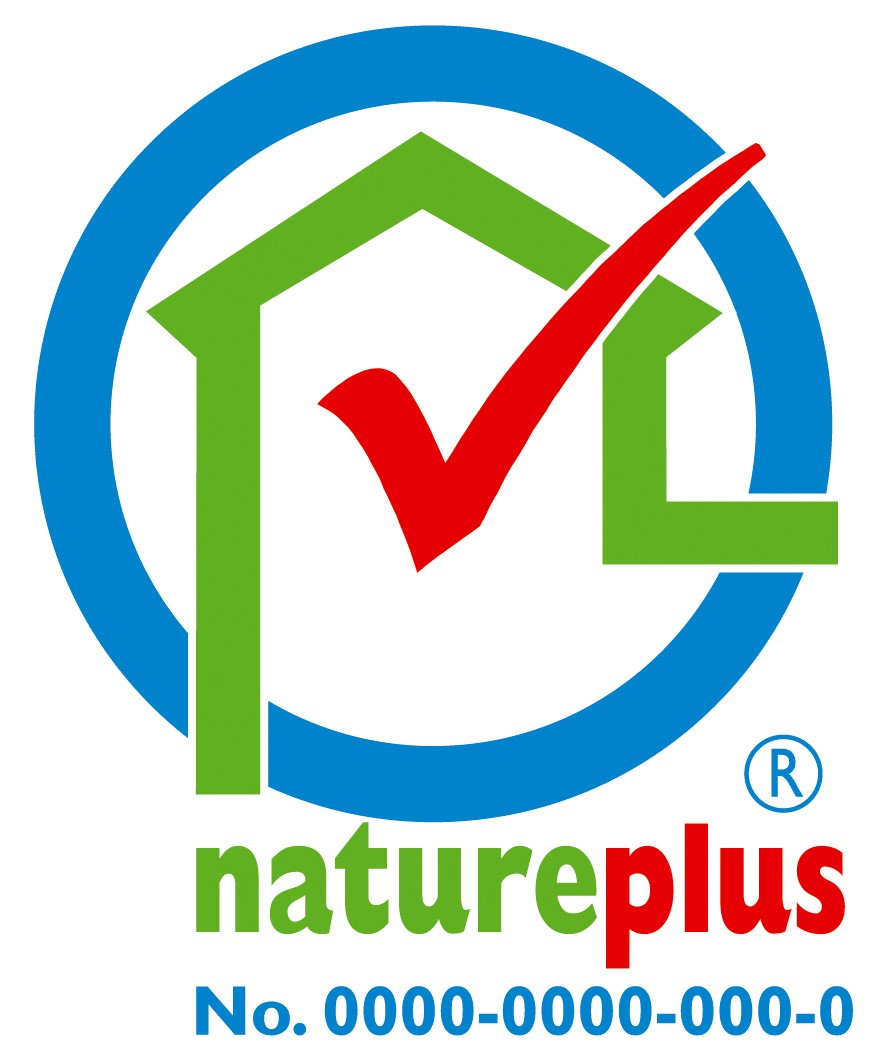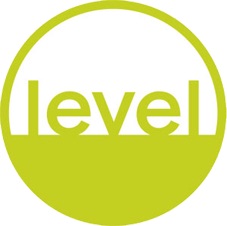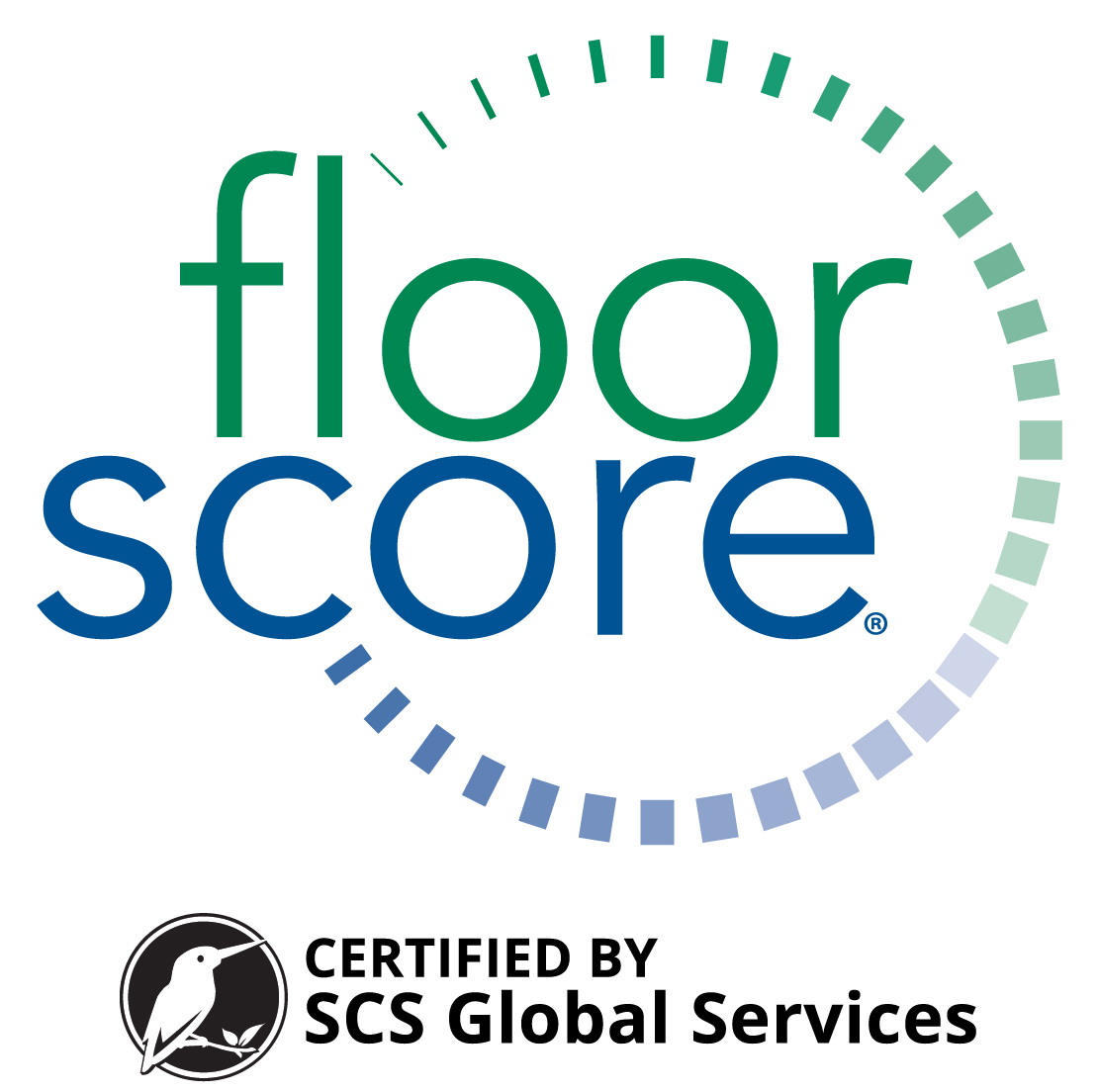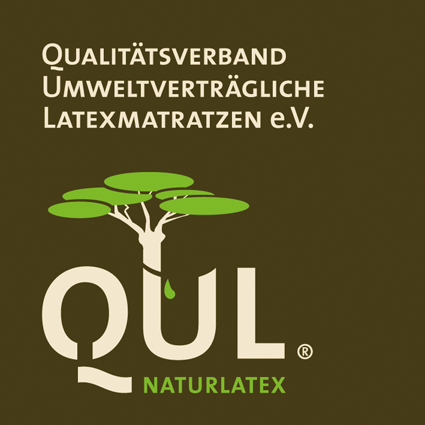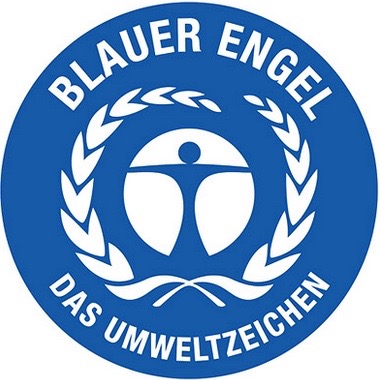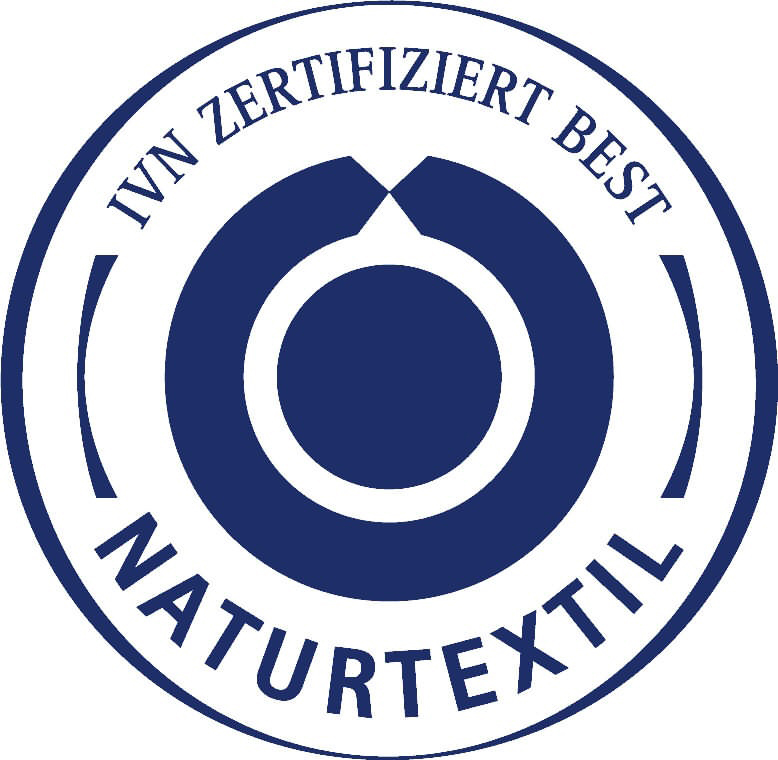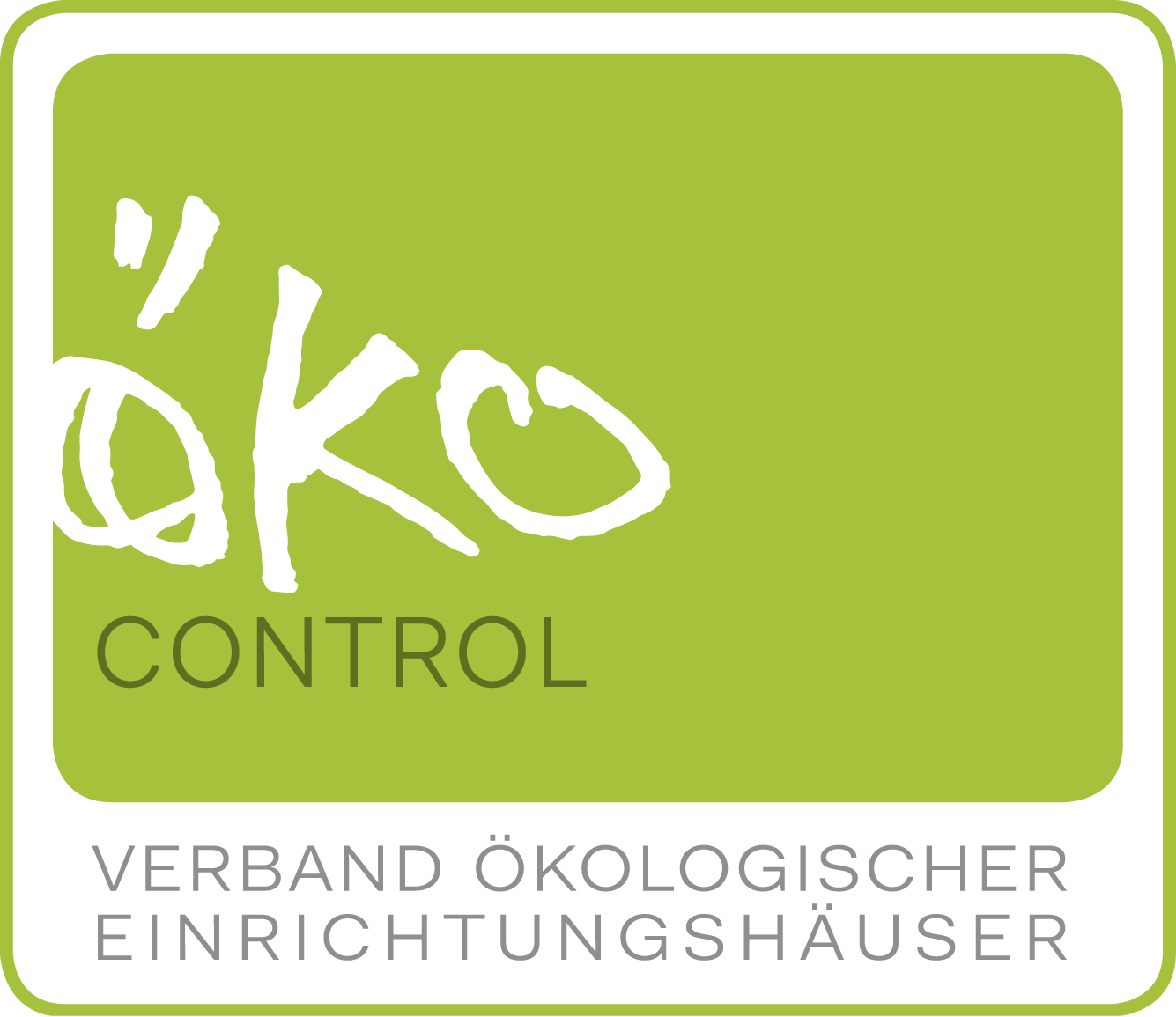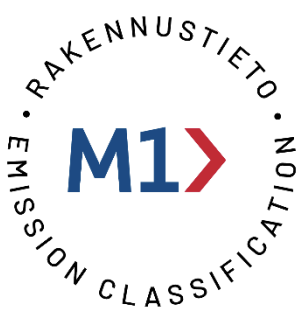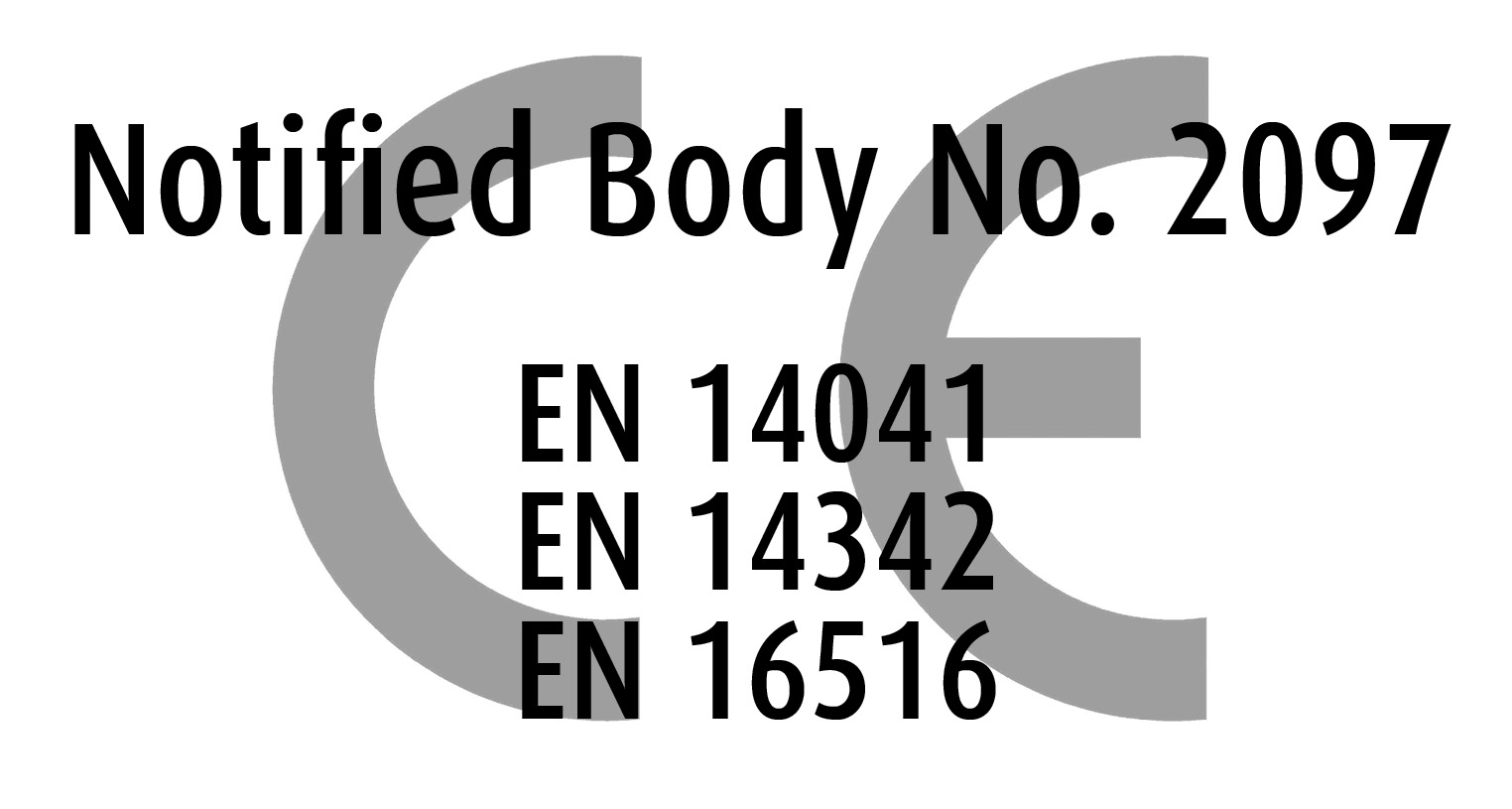Testing for DIBt approval | Ü mark | ETA | EAD
As the German licensing, approval and assessment body, DIBt (Deutsches Institut für Bautechnik – German Institute for Structural Engineering) is the key contact for all questions concerning the construction regulation of construction products and types of construction.
DIBt issues national technical approvals for construction products, construction technique permit, European Technical Assessments and evaluations concerning compliance with building requirements. Every year it issues more than 3,300 national and European notifications.
The decisions are based on test plans being individually created by DIBt, and the corresponding tests and proofs for the respective products. The tests are carried out by DIBt approved testing bodies.
For many years already, eco-INSTITUT has been an approved inspection and certification body (ÜZ) according to the state building regulations (e.g. within the scope of DIBt approvals) and European horizontally notified body for product testing according to DIN EN 16516 as well as a notified testing body within the scope of EN 14041 and EN 14342 (conformity system 3).
National Technical Approval (allgemeine bauaufsichtliche Zulassung – abZ)
Since 1968, DIBt has issued national technical approvals for construction products to be used throughout Germany. They regulate the relevant properties of the construction product, the areas of application and aspects of processing, transport, storage, marking and confirmation of conformity. An abZ can also include a construction technique permit if, in addition, aspects of assembly, planning, dimensioning and execution are to be regulated (so-called “combined decision”).
You find further information on an approval by the DIBt on this page under the tab “Links”.
European Technical Assessment (ETA)
If a construction product is not or not completely covered by a harmonised standard, it can be marketed throughout Europe by means of a European Technical Assessment.
An ETA is a product performance certificate leading to CE marking. It allows a product to be distributed throughout the European Economic Area, the Switzerland and Turkey – and worldwide.
You find further information about an ETA by the DIBt on this page under the tab “Links”.
European Assessment Documentation (EAD)
An EAD is a harmonised technical specification developed by EOTA as a basis for European Technical Assessments (ETA).
In combination with an ETA, the EAD provides manufacturers a possibility to CE mark construction products that are not or not fully covered by a harmonised European standard (hEN) according to the Construction Products Regulation (EU) 305/2011. CE marking allows the manufacturer to freely market his product throughout the European Economic Area as well as in Switzerland and Turkey.
Source: EOTA 2020 Annual Report
A new aspect is that a number of EADs include emission measurements according to EN 16516. Therefore, we have added the tab “EAD documents for download” to our “Documents for download” tab: this lists all EADs that include a test procedure according to EN 16516 – each with the date of publication.
Voluntary evaluation
In the case of incomplete harmonised standards, manufacturers may, on a voluntary basis, provide information on a product which is not covered by the relevant standard.
On the basis of an abZ, the so-called Ü mark (conformity mark) was mandatory – due to reasons of health and environmental protection – for many products used in indoor environments until a decision of the European Court of Justice on 16 October 2016.
In the Construction Products Regulation (and the respective harmonised standards for the CE markings), basic requirements on hygiene, health and environmental protection are stipulated, but have been inadequately implemented by the harmonised standards in terms of health assessment of construction products. DIBt had specified these requirements on the basis of testing and assessment requirement.
However, the European Court of Justice considered the Ü mark and the German special regulation on health protection to be an obstacle for trading on the EU market and suspended the mandatory application for floor coverings in Germany as of 16 October 2016: According to the European Court of Justice, the European CE mark was sufficient.
However, the European Court of Justice considered the Ü mark and the German special regulation on health protection to be an obstacle for trading on the EU market and suspended the mandatory application for floor coverings in Germany as of 16 October 2016: According to the European Court of Justice, the European CE mark was sufficient.
With a voluntary expert evaluation, the manufacturer can close the resulting gap in terms of health protection. DIBt evaluations also offer a selective, product-related solution for the employment of certain harmonised construction products in Germany and confirm compliance with the building requirements even for services that cannot be declared via a harmonised standard. In addition, DIBt evaluations ensure that a product complies with the building supervisory requirements for buildings applicable in Germany.
You find further information about voluntary evaluations by the DIBt on this page under the tab “Links”.
Source: Deutsches Institut für Bautechnik
Subject without notice; last updated October 18th, 2024
